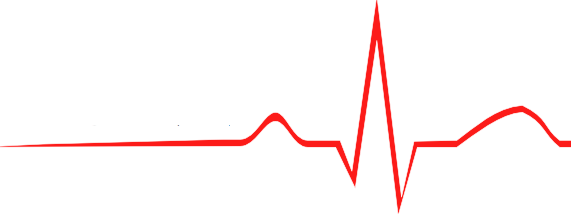Here is a bit of history on the development of this exam, retold from stories I have heard, one of which was someone in the room where it was being discussed (they spoke out against the exam, FWIW):
The original intent was for it to be an additional tool to evaluate IMG's who struggled with English as a second language. As it was developed, they realized the cost of the infrastructure to maintain such an exam was going to be huge, with only a limited audience of IMGs who would be taking it. In other words, it was too expensive and would not be worth the money. However, they had done all of this work and thought it was a good process that was meaningful. Someone had the bright idea that a good way to fund it would be to just make all U.S. grads take the exam as well. You know, spread the cost out over a far larger pool such that it would be financially feasible (although $2000 added on to existing medical education debt is a terrible idea). This idea got footing and progressed and was eventually approved. Some protested but their voices were drowned out quickly. Then, there was the point where the pass rate was determined to be too high (99%). At that point, they suddenly, and without warning, started "grading harder" and many students got caught by this transition where the testers were given marching orders to make the exam more difficult, grade harder, and make the pass rate in the low to mid 90's. Needless to say, this period cost many residency applicants dearly, as they now had a black mark on their application that many program directors had no idea what to do with.
Once the exam was established, it became careers for so many involved and had tremendous levels of bureaucracy. I thought the exam, once established, would never be able to be uprooted and put out to pasture. I sit here completely shocked that it actually happened. It is sad that it took a pandemic to actually cause everyone to remember how useless the exam is for US Grads (and most IMGs). Since COMLEX did a copycat of USMLE with theirs previously, we can only hope that COMLEX will do away with their version as well.
You are all witnessing history here, where organized academic medicine makes a step in the right direction. A modern day "Flexner Report" moment.
Having gone through the process prior to the CS exam, I never took it, but I have heard enough stories to render an opinion that it was worthless.
This is a memorable moment. Mark down what you were doing when you heard this news. As medical students, it may be the last time in your training that you see a change in the processes of academic medicine that make things better, not worse.
On a related topic, the switch of the USMLE to pass fail was a terrible decision for >90% of medical students, but benefits medical schools. It helps medical schools disguise the low performing students. With the P/F USMLE Step I (I am sure step II will follow soon) and the pass fail grading systems most schools have adopted, it makes it easier for medical schools to hide their students who have done terribly and would have otherwise gone unmatched. It now makes them look just like all of the other middle of the pack students. It is detrimental to all students except the lowest performers. Now, middle of the pack students are more at risk of going unmatched because they look just like the student who barely graduated and performed miserably on all exams. Kudos to the few brave schools that still give at least a quartile rank to their students.

